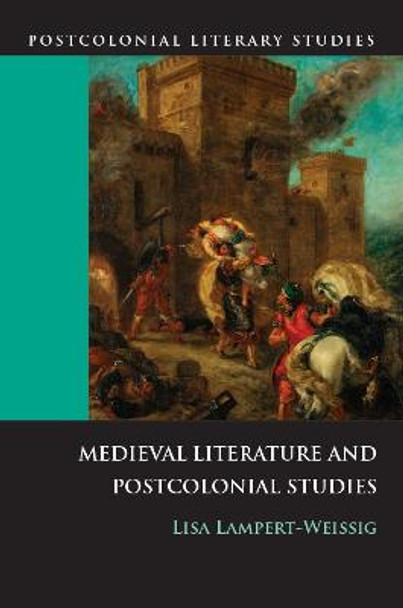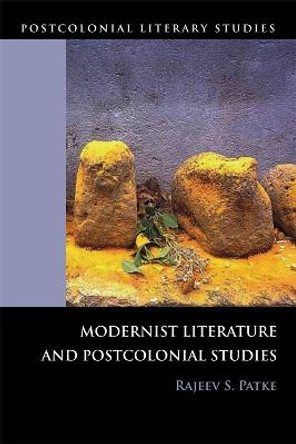Description
About the Author
Lisa Lampert-Weissig teaches in the Literature Department at the University of California, San Diego, where she also directs the interdisciplinary German Studies program. Previously she was on the faculty of the English Department at the University of Illinois, Urbana-Champaign. Her publications include Gender and Jewish Difference from Paul to Shakespeare (2004) and articles in The German Quarterly, Jewish History, Modern Language Quarterly and the Journal of Popular Culture.
Reviews
Written for the prestigious series edited by David Johnson and Ania Loomba, this book will enable a wider audience to get a broad view of the extraordinarily fertile field of pre-modern literature and culture: it sets out clearly the ways in which the intersection of ethnic, racial, and religious difference in the pre-modern setting can provide valuable insights into modern postcolonial theory. Lisa Lampert-Weissig's book is sure to have a dramatic impact on medieval and early modern studies, and on the much broader fields of postcolonial theory and literary history. -- Professor Suzanne Conklin Akbari, Department of English and Medieval Studies, University of Toronto Lisa Lampert-Weissig persuasively argues both that postcolonial studies can illuminate our understanding of medieval Europe's centuries of invasion and conquest, and that medieval literary sources can refine key concepts in postcolonial studies. In her lucid and challenging readings of medieval texts and contemporary postcolonial novels, Lampert shows that the ways in which the Middle Ages features in contemporary debates about postcolonial nations struggling out of their past or about 'Islam in Europe' are far from merely academic. We need books like this to remind us of the medieval roots of histories of modernity, 'race' and European identity. -- Professor Ruth Evans, Department of English, Saint Louis University Highly recommended Written for the prestigious series edited by David Johnson and Ania Loomba, this book will enable a wider audience to get a broad view of the extraordinarily fertile field of pre-modern literature and culture: it sets out clearly the ways in which the intersection of ethnic, racial, and religious difference in the pre-modern setting can provide valuable insights into modern postcolonial theory. Lisa Lampert-Weissig's book is sure to have a dramatic impact on medieval and early modern studies, and on the much broader fields of postcolonial theory and literary history. Lisa Lampert-Weissig persuasively argues both that postcolonial studies can illuminate our understanding of medieval Europe's centuries of invasion and conquest, and that medieval literary sources can refine key concepts in postcolonial studies. In her lucid and challenging readings of medieval texts and contemporary postcolonial novels, Lampert shows that the ways in which the Middle Ages features in contemporary debates about postcolonial nations struggling out of their past or about 'Islam in Europe' are far from merely academic. We need books like this to remind us of the medieval roots of histories of modernity, 'race' and European identity.
Book Information
ISBN 9780748637188
Author Lisa Lampert-Weissig
Format Paperback
Page Count 232
Imprint Edinburgh University Press
Publisher Edinburgh University Press
Weight(grams) 350g










